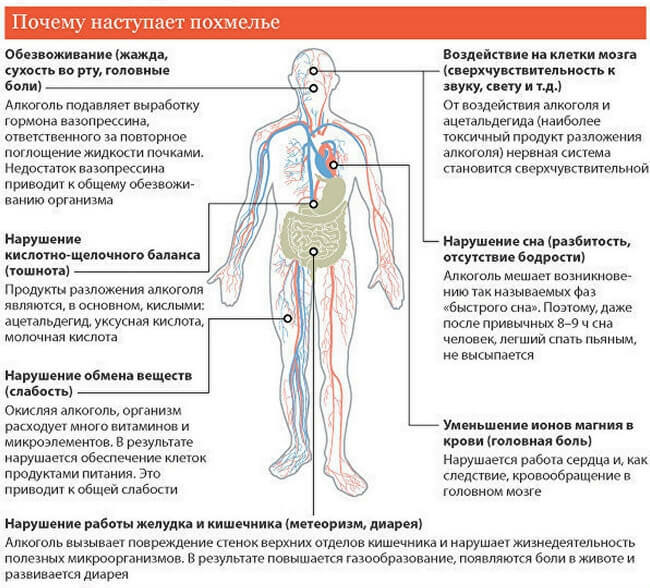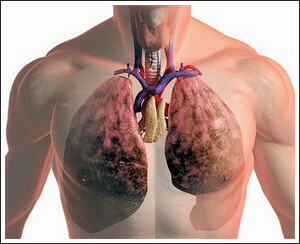Dissociative personality disorders
 Previously, dissociative disorder received a definition of disorder in the form of a multiple personality. This disorder is characterized by a split personality, which periodically replace each other and can not recall personal information relating to one of the personalities. One person can know what the other will be unknown. One person may know about the other and interact with another in his world.
Previously, dissociative disorder received a definition of disorder in the form of a multiple personality. This disorder is characterized by a split personality, which periodically replace each other and can not recall personal information relating to one of the personalities. One person can know what the other will be unknown. One person may know about the other and interact with another in his world.
Many people sometimes experience partial loss of memory, a sense of self-awareness. For example, a person can go or go somewhere and suddenly realize that he can not remember many of the nuances of a trip because of concerns about his own problems, a program on the radio or communication with a passenger. Basically, this condition does not harm daily activity.
People with an identity disorder can forget a certain period of time and experience the state of the disappearance of this period of their lives. Thus, dissociation disrupts self-perception and recollection of life events, and if memory integration is disrupted, dissociative amnesia can be observed. When personal identity is broken along with other memory impairments, one can say about dissociative identity disorder. If there is a failure in self-perception and self-perception - a depersonalized disorder.
Causes of dissociative disorder:
Disorders are usually tightly related to stress. Stress can occur due to:
- injuries;
- internal conflicts;
- abuse;
- lack of attention and excessive sympathy in childhood;
- the ability to share its memory and identity from awareness.
People are not born with a sense of the integrity of the personality, it is developed through a variety of factors. Children who have experienced stress remain disunited. In patients with an identity disorder, in many cases in childhood there was constant or severe violence, both physical and sexual. Some were not subjected to violence, but experienced a severe loss( death of a close relative) or a serious illness.
Unlike many children whose self-esteem for themselves and others develops normally, children who live in a dysfunctional environment have different feelings and emotions. These children develop the ability to protect themselves from adverse conditions through care in their own particular world. Each stage of development can develop new personalities.
Symptoms of
Many of the symptoms are characteristic:
- is an understandable clinical picture;
- constantly changing level of activity( from high to total inactivity);
- severe headache;
- sensation of pain in the body;
- distortion of time intervals;
- periodic memory loss;
- depersonalization;
- derealization.
The depersonalization of is a feeling of unreality, distance from oneself, detachment from the processes of the psyche and the body. The patient feels himself a separate observer of his life, as if he is looking at himself from the outside. The patient can also feel that his body does not belong to him. Familiar people are perceived as unfamiliar, strange and unreal. The patient can find handwriting samples, objects that can not be identified. He can call himself in the third person or in the plural.
Often, switching personalities can lead to confusion in life. If individuals often "communicate" with each other, the patient can hear an inner conversation between them, the speech in which is addressed to him. Such a person is given an unmistakable diagnosis - psychosis. Although voices are perceived as hallucinations, they have a number of differences from typical hallucinations in other mental disorders( for example, schizophrenia).
Sometimes patients develop symptoms similar to these:
- Anxiety Disorder;
- mood disorders;
- personality disorders;
- eating disorders;
- stress after trauma;
- schizophrenia;
- epilepsy.
Such patients are susceptible to suicidal intent or to his attempt, the abuse of psychotropic substances.
Diagnosis of
In a history of patients, there are usually indications of three or more mental illnesses preceded by resistance to treatment. The skepticism of some specialists in isolating the dissociative disorder is of great importance in the case of diagnostic errors.
Diagnosis uses interviews or hypnosis with the use of certain medications( methohexital), the patient is recommended to keep records between visits to the doctor. These measures help change personality during the evaluation. Special questionnaires can help.
The psychiatrist can also try to communicate directly with individuals by offering a conversation to a part of the consciousness that is responsible for the behavior in which the patient has amnesia in the time interval.
Forecast
Symptoms may appear( increase and decrease) spontaneously. But the dissociative disorder suddenly does not go away. Patients are divided into three groups:
- The first group of patients has dissociative and post traumatic symptoms. With proper treatment, such patients fully function and recover.
- The second group has symptoms of dissociative disorder and signs of other disorders( personality disorders, eating disorders, disorders due to the use of psychotropic substances).
- The third group has signs of mental disorders and remains attached to people who have committed violence against them. Such patients need long-term treatment, the purpose of which is to control the symptoms, and not to achieve full recovery.
Treatment of dissociative disorder
Personality recovery is the most desired result. Medications can help in the treatment of depression, anxiety, the consequences of the use of psychotropic substances, and the basis of treatment of dissociative disorder is psychotherapy. For patients who can not or for some reason do not want integration, the goal of treatment is to facilitate the interaction of individuals.
Usually, before the assessment of the disorder and examination of personalities, the patient needs to provide a sense of security. Many patients need hospitalization, during which support and communication help get rid of unpleasant and painful memories.
Some psychiatrists prescribe tranquilizers to prevent increased activity, anxiety or depression that may accompany dissociative disorder. But patients with such a diagnosis are subject to dependence on such medications.
Hypnosis is partially recommended as one of the treatment methods, since it is associated with dissociation. Hypnosis relieves depressing thoughts and memories.
The prospects for a full recovery are diverse. Recovery may occur quickly or the disease takes on a chronic form. Therapeutic treatment can reach the level when all the patient's personality, relations and interaction between them can be reunited and restored.



